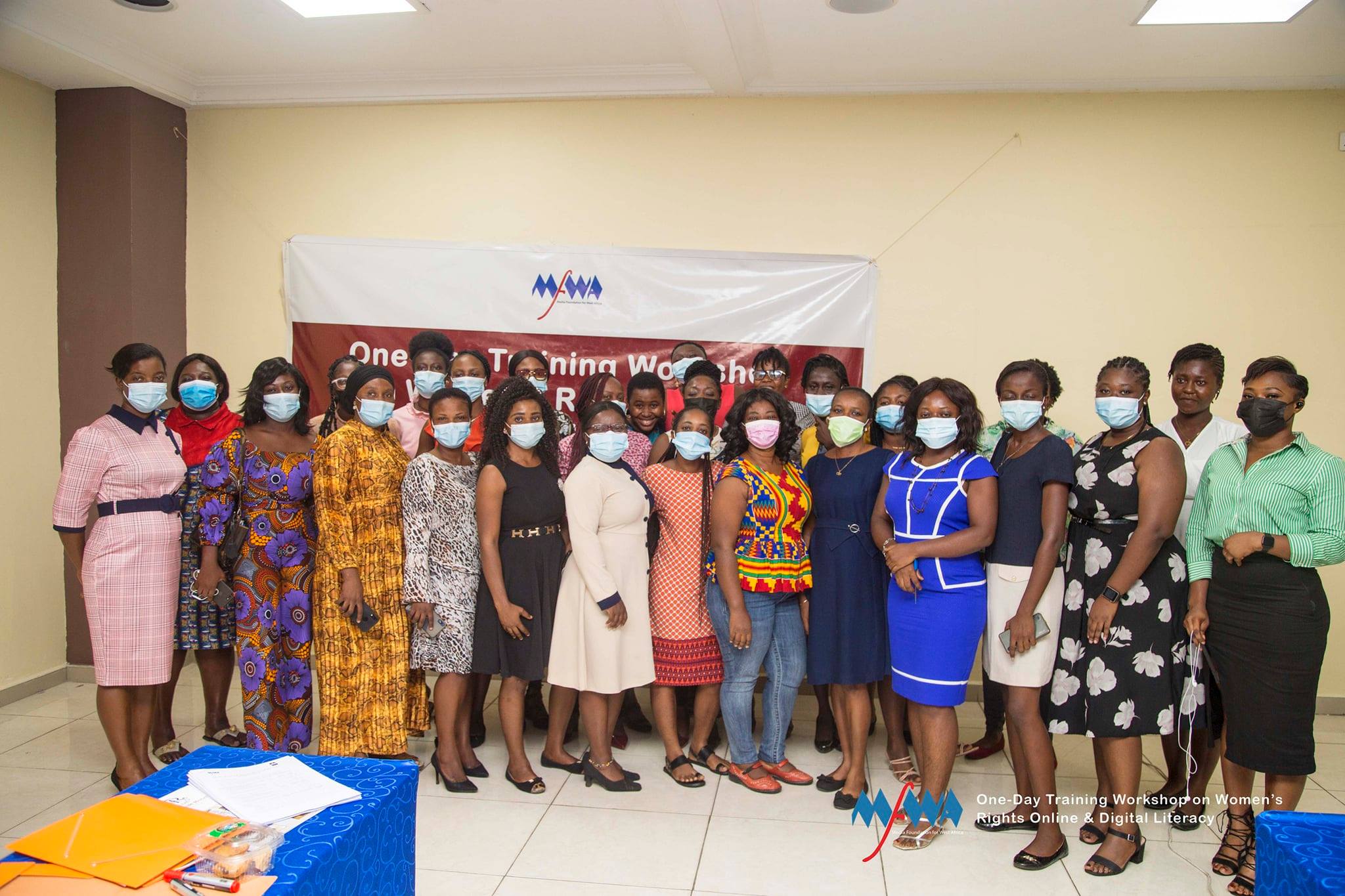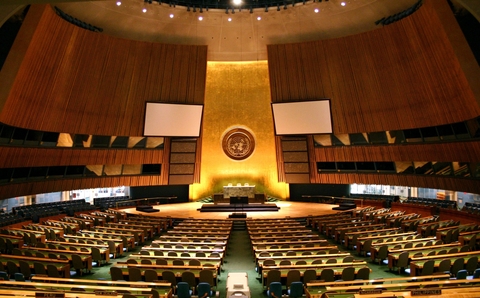Elections are one of the most distinctive features of democracy, and so is free expression. The two, thus, go together. However, instead of expanded spaces for expression during elections, some African governments tend to shrink such spaces during elections.
As a result, many elections in Africa are characterised by acts of repression that muzzle speech and curtail information flow both offline and online. Several incidents of brutalities against journalists and other media workers, as well as voices of dissent, have often been recorded.
In recent times, attempts to suppress online expression especially during elections and public protests have been rampant with full or partial internet or social media shutdown.
In West Africa, two countries are due for elections in the first quarter of 2019 – Nigeria on February 16 and Senegal on February 24. Fortunately, none of the two countries have gone through a network shutdown or disruption during electioneering periods before.
Unfortunately, however, there are ongoing speculations that there may be an internet blackout during Nigerian elections. While declaration of intentions to disrupt or completely shutdown the internet cannot be avoided, several tactics can be deployed to mitigate the implementation of any such intended action.
In 2016, ahead of the Ghana Presidential and Parliamentary elections, an intended social media blackout was mitigated. Through a number of interventions by the public, civil society, media and other stakeholders, the intended social media shutdown was averted.
In the attached report, the strategies deployed in Ghana have been detailed to serve as a guide to mitigating internet and social media blackouts during elections. The report also makes specific recommendations on how to combat internet shutdowns and network disruptions during elections in Africa and beyond.
Kindly access the full report here.






